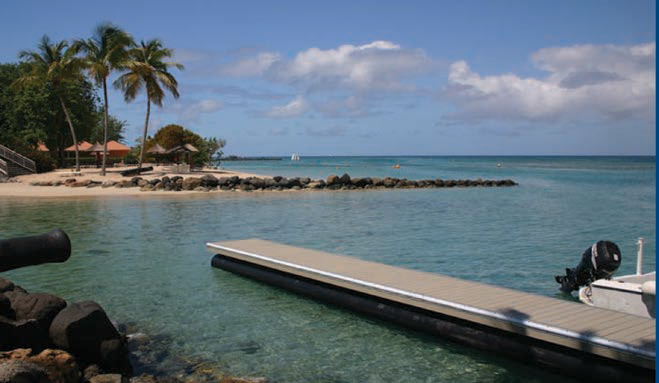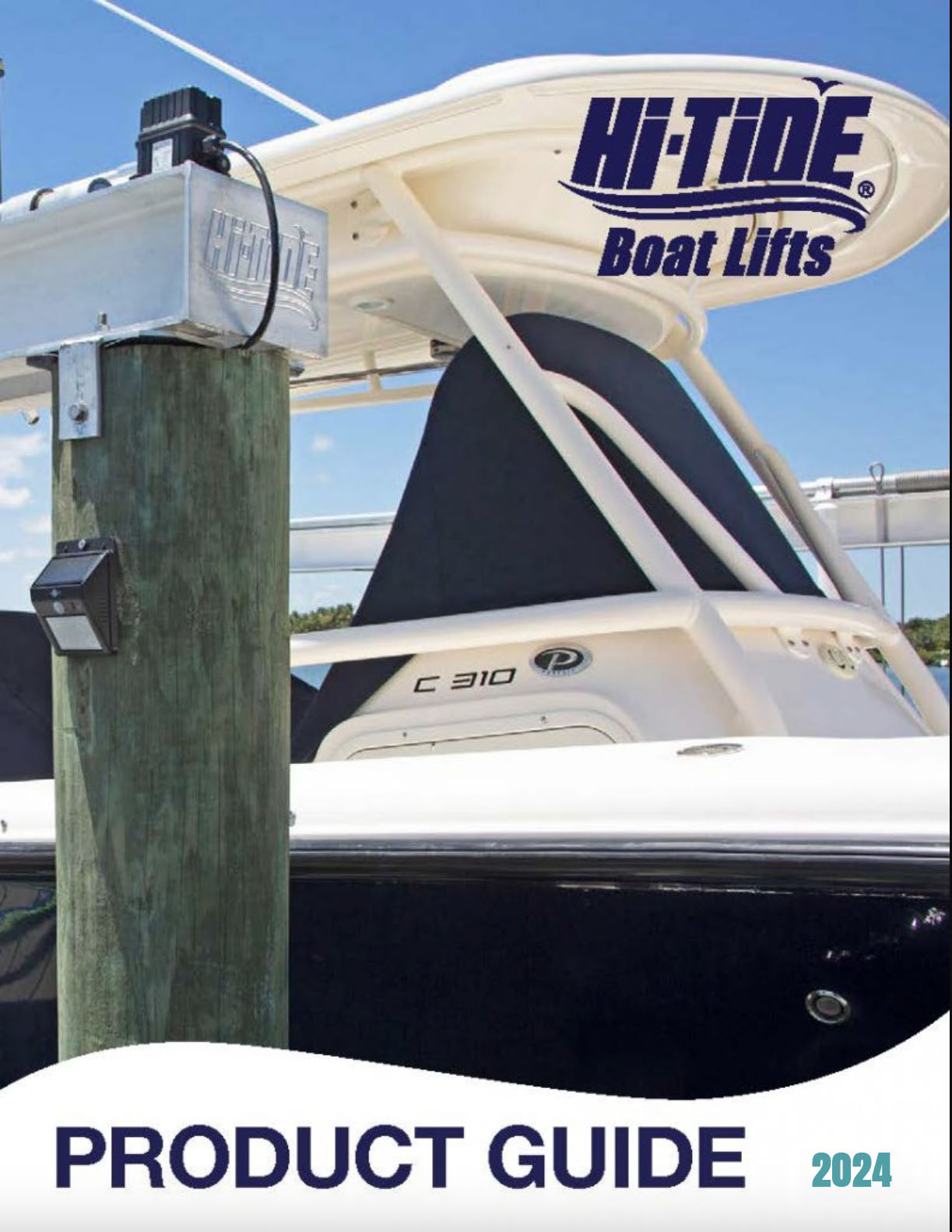
If there’s one constant in boating, it is options. Onboard vs inboard motors, multihull vs monohull, big boat vs even bigger boat–the list goes on. One of these choices has nothing to do with your vessel itself, but is easily just as important: floating docks vs fixed docks.
For the uninformed, there are two basic types of docks. Fixed docks, which are often wooden platforms supported by wooden pilings driven into the ground below the water, is looked at as the more traditional style. However, floating docks are also available, which only require buoyancy to keep above water and provide a few key benefits you may not know about.
Why Floating Docks May be a Better Option for Your Boating
The biggest benefit of floating docks is their adaptability on the water. As tides rise and fall, so do floating docks. At high tide, fixed docks could face submersion, which is terrible for wear and tear and a big problem if you were hoping to hit the water. Also, the fact that they’re made with plastics and metals chosen for their durability on the water can lead to less maintenance, muss and fuss.
The flexibility of floating docks is also worth noting. Need a small dock? You may only need a couple of platforms. Looking for something bigger? More platforms can be easily added to your project to fit your exact needs.
Though some prefer fixed docks due to the added hang out and party spot they provide when attached to a home, if your given waterway faces big tidal fluctuations, we’d highly suggest going with floating docks.
As always, you should absolutely do your homework and pick only what makes the most sense for your personal boating needs. Whatever floats your boat (or dock), as they say.
If you do decide to go with a floating dock, be sure to see what Hi-Tide can offer with our super stable, aluminum enforced floating docks today.

